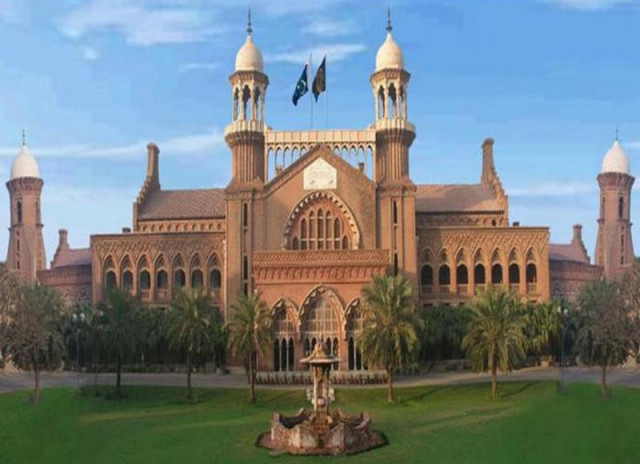‘Provisions concerning only Islam be revisited’
The provisions in the Pakistan Penal Code that discriminate against non-Muslims be revisited

Regarding other provisions protecting religious rights of Muslims only, it said punishments prescribed in such provisions fell in the category of taazir. PHOTO: FILE
The report said revisions should be made to these provisions after ‘achieving consensus of scholars from major schools of Islamic jurisprudence’ and in consultation with the Council for IslamPakistan Penal Codeic Ideology.
The report has been finalised seven years after the incident in which 58 buildings in a Christian neighbourhood, including houses and churches, were torched by a mob on August 1, 2009. Seven people, all of them Christians, had been killed and 18 others injured, 15 Muslims and three Christians. Valuables worth millions of rupees were looted or burnt in the incident that affected 96 Christian families.
The report mentioned five provisions of the PPC that related to Islam. It said Sections 295, 295-A, 296, 297 and 298 featured general laws concerning blasphemy but Sections 295-B (defiling of Quran), 295-C (defamatory remarks in respect of Holy Prophet Muhammad), 298-A (derogatory remarks in respect of holy personages of Islam), 298-B (misuse of epithets, descriptions and titles reserved for certain personages of places of Muslims) and 298-C (person of Quadiani group etc calling himself a Muslim or preaching or propagating his faith) were specifically enacted for protection of religious rights of Muslims. It included a questionnaire for scholars from all schools of thought and the CII seeking their opinion on possible amendments to these sections. Changes in these provisions would ensure that all religions were treated equally in accordance with the Article 25 of the Constitution of Islamic Republic of Pakistan (which guarantees equality before the law), it said.
The report suggested that such provisions in laws fostered sectarian and religious violence. It lamented that authorities had done little to prevent attacks on minorities or to punish perpetrators in incidents of communal violence.
The five questions addressed to Islamic scholars and the CII are i) whether defiling of other revealed books is punishable according to Islam and to what extent? ii) whether defiling or uttering of derogatory remarks in respect of other holy prophets and apostles, other than Hazrat Muhammad (PBUH), is punishable and to what extent?, iii) whether defiling or uttering of derogatory remarks in respect of holy personages of religious communities other than Muslims is punishable and to what extent?, iv) whether misuse of epithets, descriptions and titles etc reserved for holy personages or places of other religious communities other than Muslims is punishable and to what extent?, v) whether calling oneself a member of a religious community or preaching or propagating faith of that community without being recognised as subject of that religious community was punishable and to what extent?
The report cited a Quranic verse and said that it had provided mandatory guidelines for removal of objections raised by non-Muslim citizens over the enactment of Section 295-C of PPC. It said that in Islam the law on contempt of prophets was broad-based and it did not concern with contempt towards only one prophet (PBUH).
Regarding other provisions protecting religious rights of Muslims only, it said punishments prescribed in such provisions fell in the category of taazir. These could be enacted when needed by the state to maintain peace and harmony, it added.
Published in The Express Tribune, August 15th, 2016.












1724319076-0/Untitled-design-(5)1724319076-0-208x130.webp)






COMMENTS
Comments are moderated and generally will be posted if they are on-topic and not abusive.
For more information, please see our Comments FAQ